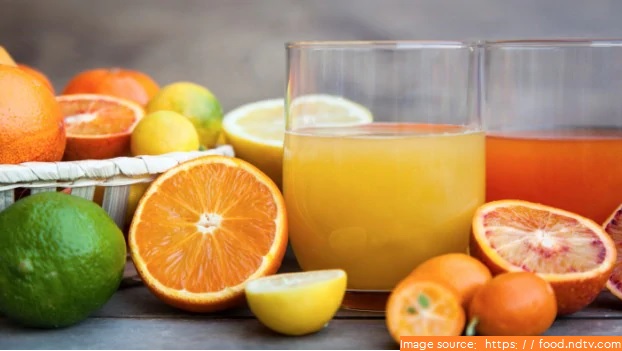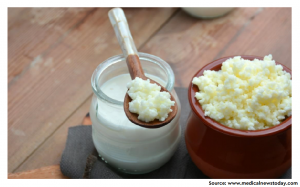India is known for the lip-smacking street foods and drinks that are too delicious to miss. Coupled with the hot weather and a tiring street shopping haul, a glass of cold juice from the busy vendor is bliss. But is it bliss or misery? A pilot study was conducted in five popular street markets in Delhi to analyze fruit juice and water samples collected from street juice vendors. The study also aimed to generate data on the antimicrobial resistance properties of the pathogens commonly found in fruit juice samples.
The results of the study showed that 80% of vendors washed hands with soap and water, as well as 62% of vendors washed utensils with soap and water. Around 58% of vendors used pre-peeled fruits for making juice. The most alarming finding was 98% of the vendors used municipal water to make juice while 80% procured ice from local ice vendors. It’s already a fact that the municipal water and ice are a niche for pathogenic bacteria plus the drug-resistant ones. The majority of the juice samples had a high load of E. coli, Salmonella,
and Klebsiella species. E.coli, Salmonella, and Vibrio strains had high resistance to Ampicillin and Cefotaxime. E.coli strains also showed resistance to Imipenem.
This study aptly justifies the need for providing awareness of safe food practices to the street vendors. The study reiterates that antibiotic resistance is a pressing public health threat.
To read more, kindly visit the website of the International Journal of Environment Research and Public Health through the link:







